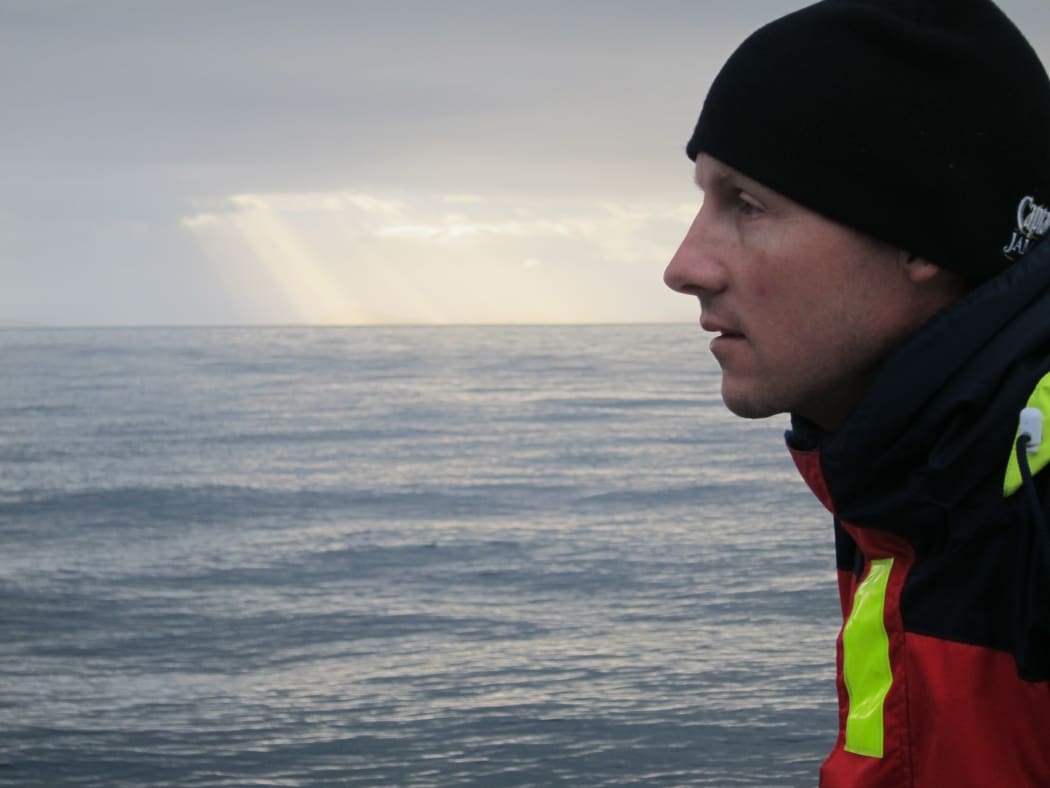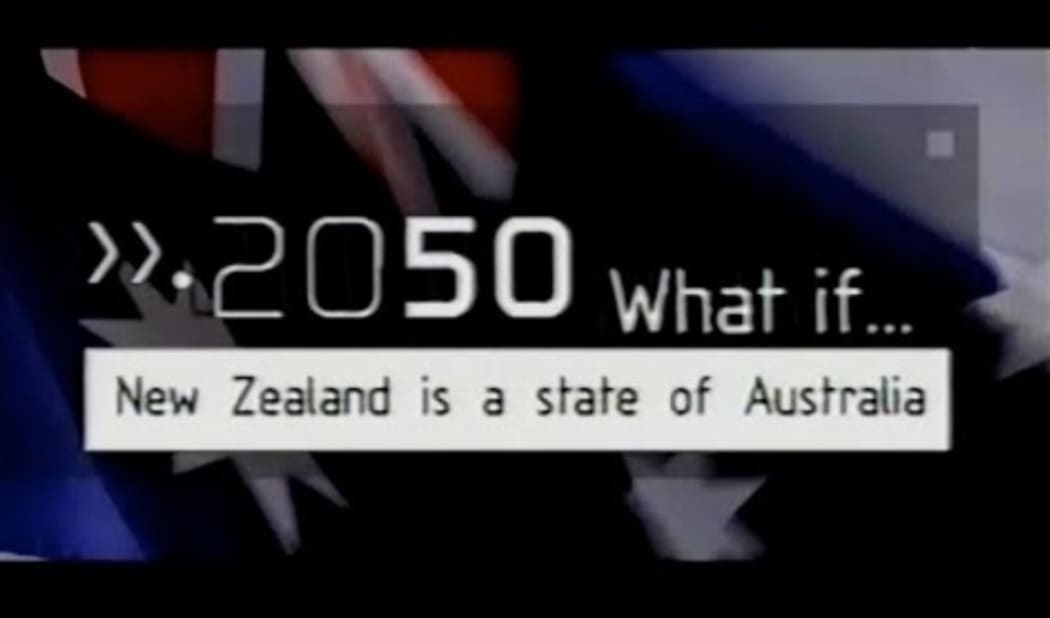Predicting the future is a risky business for programme-makers. They can easily end up on the wrong side of history, looking stupid. Dan Salmon bit the bullet 14 years ago with a series imagining New Zealand life in 2050.

Dan Salmon Photo: supplied
TVNZ’s five-day futurism binge last week What Next? wasn’t the first TV series to ponder New Zealand life in the years to come.
14 years before TVNZ looked ahead to 2037, TV3 screened 2050: What If?
This series, coincidentally commissioned by the same TV executive Jude Callen, imagined three very different futures: one in which tino rangatiratanga comes to pass; one in which New Zealand goes truly clean, green and organic by law - and the opening episode pondered life as the seventh state of Australia.
They included a range of experts, pundits and stirrers, some of whom were a bit more blunt than the the rather earnest experts in What Next? The series was named best documentary at the NZ Television Awards and the Qantas Media Awards in 2004.
“Both series were vehicles for discussing critical issues we are going to face, as a nation and as a species," the series creator and producer Dan Salmon back told Mediawatch.
"I was thinking about . . . what would provoke middle New Zealand and I thought, 'Well, the Aussies take over, the Maori take over, the Greens take over," said Dan Salmon back in 2003.
He chose the date 2050 because that is as far as official Stats NZ projections go, and today's children would still be alive.

Photo: screenshot / You Tube
He coined the term "social fiction", as opposed to science fiction, to describe the approach.
Each episode featured a fictional family called the Smiths: a Pakeha dad, a Maori mum and two kids. (a boy and a girl, naturally . . . )
"I was joking to my wife that the father, played by Bruce Hopkins, foreshadowed the grouchy middle-aged white guy thing we have at the moment: a little bit Mennonist, a little bit under siege. Bruce was a precursor to the 'what about me?' thing going on in social media at the moment," he says.
"One thing we can predict - but which wasn't as much a part of my series as it should have been - was climate change. That is going to have a massive impact on our country and our world. How we deal with that is going to determine our economic and political health. That's was we need to be having a discussion about," says Dan Salmon.
"If I made those programmes again, I would change those scenarios up a gear," he says.
"There are things we can't predict but we do know that the big technological changes always surprise us. We wanted to dramatise a recognisable but different future (in 2050: What If?) but if you get sucked down the vortex of showing the minutiae of how that looks, then you're losing - because we're not all riding hoverboards and living like The Jetsons," says Dan Salmon
Dan Salmon says most efforts to portray the future have been fictional. He points to Occupied, a recent Norwegian TV drama created by author Jo Nesbo. It stirred up diplomatic strife by portraying a near-future Russian takeover of Norway sparked by an energy crisis.
"It was a recognisable and not-too-distant future. But we can deal with these future scenarios in an intelligent and thoughtful way in non-fiction too. We should always be discussing what our future might look like, and how our actions might impact that, in all our art forms," he says.

